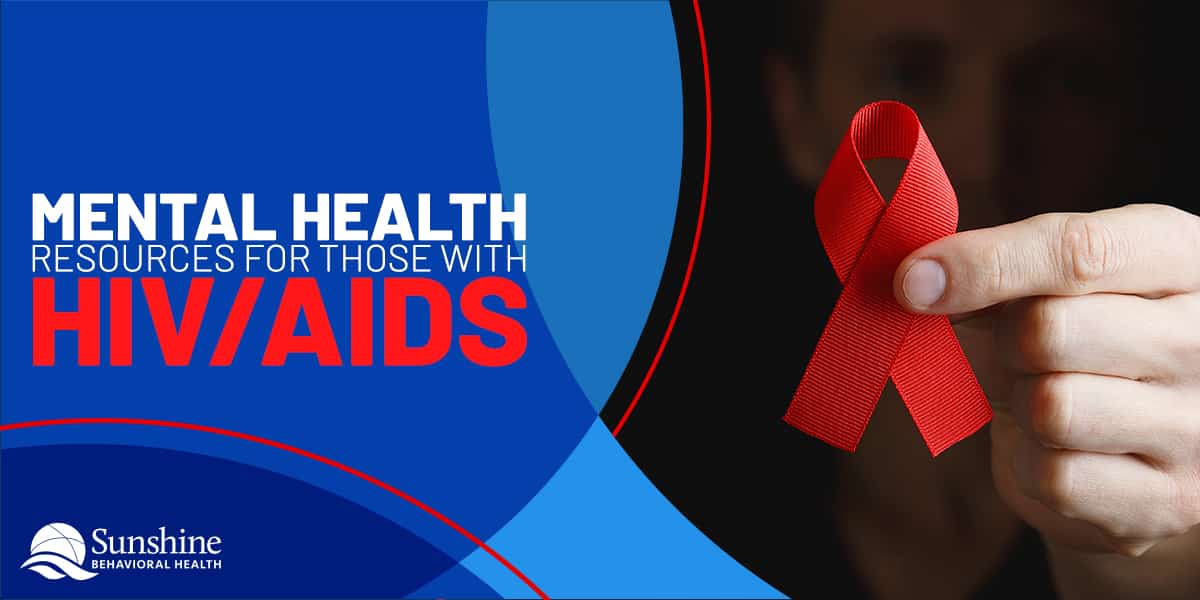In the last four decades, medicine has made incredible strides in the treatment and prevention of HIV infection..
HIV is transmitted through contact with infected blood or other bodily fluids. Behaviors such as unprotected sex and sharing needles can spread the virus. It can also be transmitted through pregnancy, breastfeeding, or blood transfusions, though the last is rarer these days as screening and other safety precautions are common.
Who Is at Risk?
HIV can affect anyone. But certain groups are at higher risk than others. Such groups include:
- Gay and bisexual men – In 2017, gay and bisexual men made up 66% of new infections while accounting for 2% of the U.S. population.
- Black Americans – In 2018, Black Americans accounted for 13 percent of the U.S. population and 42 percent of the new HIV cases.
- Young people – 21% of new HIV diagnoses in 2018 were among people ages 13 to 24.
- People living in southern U.S. states – In 2019, more than half of HIV diagnoses occurred in people living in the U.S. South.
- Injectable drug users – According to data from the Centers for Disease Control and Prevention (CDC), one in every ten HIV diagnoses occur among people who use intravenous drugs.
These groups are at higher risk because of a combination of behaviors (such as sharing needles and engaging in unprotected sex) and factors (such as lack of access to testing and treatment as well as stigma and discrimination).
Drug and alcohol use also decrease inhibition, which can result in risky behaviors that could increase the chance of transmission. Research also indicates that substance use can accelerate the progression of HIV and worsen mortality of those with the virus. People who have HIV or are at higher risk of contracting it should avoid drugs and alcohol.
Prevention
As HIV treatment has improved, so has prevention. Once preventable only through safe sex practices, condoms, and avoiding the sharing of needles, HIV transmission can now be prevented through medications such as pre-exposure prophylaxis, or PrEP. From 1984 to 2019, the rate of new HIV infections has declined 73 percent.
What Is PrEP?
PrEP medication consists of the generic drugs emtricitabine and tenofovir. These drugs combine to form two brand-name drugs approved by the U.S. Food and Drug Administration (FDA): Truvada and Descovy.
Truvada is designed for HIV-negative people who are at risk for HIV through sex or intravenous drug use. Descovy is for HIV-negative people who are at risk of HIV transmission, except for people assigned female at birth. PrEP reduces the risk of transmission from sex by 99 percent, when taken as prescribed.
At-risk people include those who use injectable drugs, people with an HIV-positive sex partner, and those who don’t always use condoms. PrEP does not prevent other sexually transmitted infections and it must be taken every day or as prescribed by a doctor.
Treating HIV
Other treatments for HIV have dramatically improved the quality of life for many people. Yet for many years, treatments were nonexistent.
Later, health care providers treated the virus with a cocktail of up to 20 pills. Now, antiretroviral therapy reduces the viral load (the amount of the virus in the body) to undetectable levels, significantly lowering the risk that people will transmit HIV to others. Other medications have been combined, greatly reducing the amount of pills people need to take every day.
Antiretroviral therapy does not cure HIV. But it does reduce the amount of the virus in the body, giving the immune system the chance to produce more CD4 cells, which are cells that activate other immune cells to fight infections. A strengthened immune system allows those with HIV to live longer, healthier lives and makes HIV a condition you can easily manage and live with, rather than die from.
Mental Health Challenges
But although HIV is more treatable and preventable than ever, a diagnosis can still be shocking. People with HIV or AIDS might experience depression, which HIV medication can worsen.
Symptoms of depression can include:
- Anxiety
- Loss of interest in activities
- Irritability, frustration, or restlessness
- Trouble sleeping
- Dramatic change in appetite
- Suffering from aches, pains, or headaches that don’t improve with treatment
- Feelings of hopelessness
- Thoughts of suicide or self-harm
Anxiety disorders and mood disorders are also common to those diagnosed with HIV. It’s understandable that diagnosis of a virus once thought to be untreatable could produce considerable anxiety and drastic changes in mood. In addition, stigmas that still surround the virus could cause stress, anxiety, and fear.
Addressing Mental Health Challenges
If you’re considering suicide or self-harm, immediately contact the Substance Use Disorder and Mental Health Services Administration’s (SAMHSA’s) Suicide Prevention Lifeline. Counseling is free and available 24 hours a day.
If you’re not feeling suicidal but are struggling with depression, anxiety, or other mental health issues relating to your diagnosis, talk to your HIV healthcare provider.
Some antiretroviral therapy medications can cause or worsen symptoms of depression. Some medications for mental health conditions can also interfere with antiretroviral medications. Your provider may adjust the dosage of your medication, prescribe new ones, or refer you to a therapist.
Support groups may also be helpful. They can introduce you to people experiencing the same or similar issues and allow you to share coping tips. Online and in-person groups are available. Some support groups and other resources for people with HIV and AIDS include:
- myhivteam.com – A social network for people diagnosed with HIV.
- forums.poz.com – An online forum for people diagnosed with HIV or AIDS.
- thewellproject.org – A nonprofit that focuses on women and girls with HIV and AIDS. It offers an online community that allows people to meet and share information with other women impacted by HIV.
- positivepeers.org – A private support app for young people living with HIV.
- nami.org – The National Alliance on Mental Illness hosts in-person support groups for people battling various mental health issues.
- betterhelp.com – Apps such as Better Help can put people in touch with group treatment options for a variety of conditions.
- cdc.gov – The Centers for Disease Control and Prevention have a variety of resources to help people look for treatment providers, receive assistance paying for treatment, search HIV-specific laws in their geographic areas, assist with work-related matters, find housing, learn information about HIV discrimination, and more.
Other Support Options
If you haven’t started antiretroviral therapy yet, talk to your doctor about it. Beginning an effective treatment regimen can help relieve symptoms of depression associated with HIV because it puts you onto a path of a long, healthy life of managing the disease instead of grappling with feelings of hopelessness about it.
Some people with depression and anxiety find exercise to be a helpful tool since it releases endorphins, substances within the body that boost feelings of pleasure. Meditation is another helpful tool, and has been found to ease depression and anxiety.
While HIV is certainly not the death sentence it was in the 1980s and 1990s, being diagnosed with it can still be a stressful, life-changing event. Effective treatment and prevention options are available as well as mental health resources that can help ease the anxiety and depression that might accompany a diagnosis.
Sources
Medical disclaimer:
Sunshine Behavioral Health strives to help people who are facing substance abuse, addiction, mental health disorders, or a combination of these conditions. It does this by providing compassionate care and evidence-based content that addresses health, treatment, and recovery.
Licensed medical professionals review material we publish on our site. The material is not a substitute for qualified medical diagnoses, treatment, or advice. It should not be used to replace the suggestions of your personal physician or other health care professionals.






